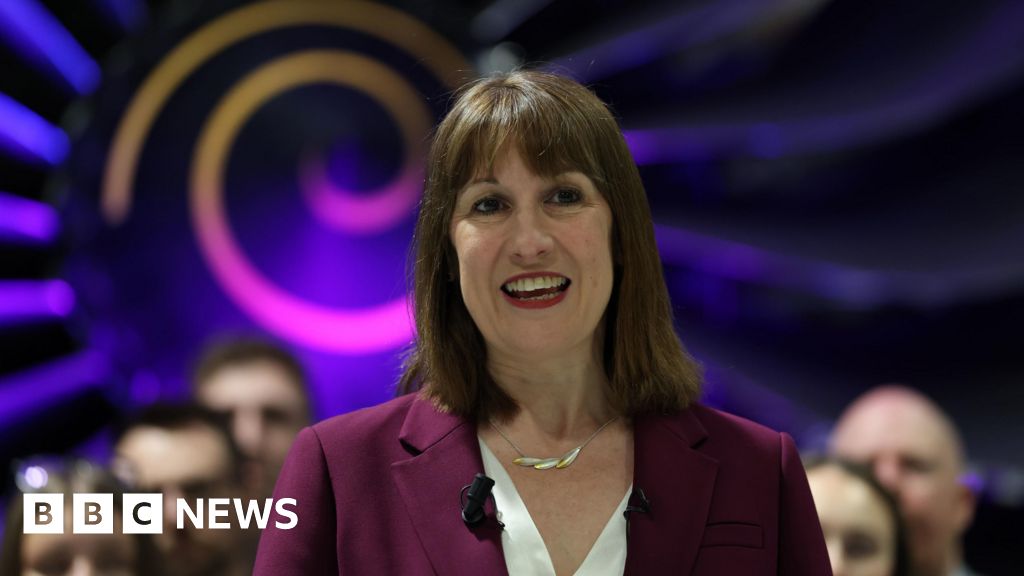ARTICLE AD BOX
Image source, Getty Images
The UK economy will grow slower than expected this year and will stagnate next year, a think tank has warned.
The Organisation for Economic Co-operation and Development expects the UK economy to grow by 3.6% this year, followed by 0% growth next year.
It means the UK will go from the second-fastest growing economy in the G7 group of industrial nations to the slowest growing in 2023.
The G7 members are the US, Canada, Germany, Japan, France and Italy.
Laurence Boone, the Paris-based think tank's chief economist, said the UK was being hit hard by a combination of factors, including higher interest rates, higher taxes, reduced trade and more expensive energy and food.
Inflation is expected to keep rising and peak at over 10% at the end of this year before gradually declining to 4.7% by the end of 2023.
However, the report does not take into account the chancellor's emergency measures announced on 26th May. Those measures, which included a £400 energy bill discount for every household in the UK, are worth around £15bn.
A Treasury spokesperson said many people would be concerned by the forecasts.
"While we can't insulate the UK from global pressures entirely, our economy is in a strong position to deal with these challenges. We have a plan for growth, and we are supporting people with the cost of living," they added.
The price of war
The cuts to UK economic growth come alongside a global slowdown which is due largely to the war in Ukraine.
Global growth has been downgraded from 4.5% to 3% this year, the OECD said in its latest economic outlook.
Only Argentina and Australia saw their growth projections upgraded.
"The world is set to pay a hefty price for Russia's war against Ukraine. A humanitarian crisis is unfolding before our eyes, leaving thousands dead, forcing millions of refugees to flee their homes and threatening an economic recovery that was underway after two years of the pandemic," the organisation said.
"As Russia and Ukraine are large commodity exporters,the war has sent energy and food prices soaring, making life much harder for many people across the world."
The OECD warned that Russia's attack on Ukraine will lead to higher inflation and lower growth for at least the next year.
But the organisation stressed that prolonged hardship could be avoided by concerted action from governments and central banks.

 2 years ago
57
2 years ago
57








 English (US) ·
English (US) ·